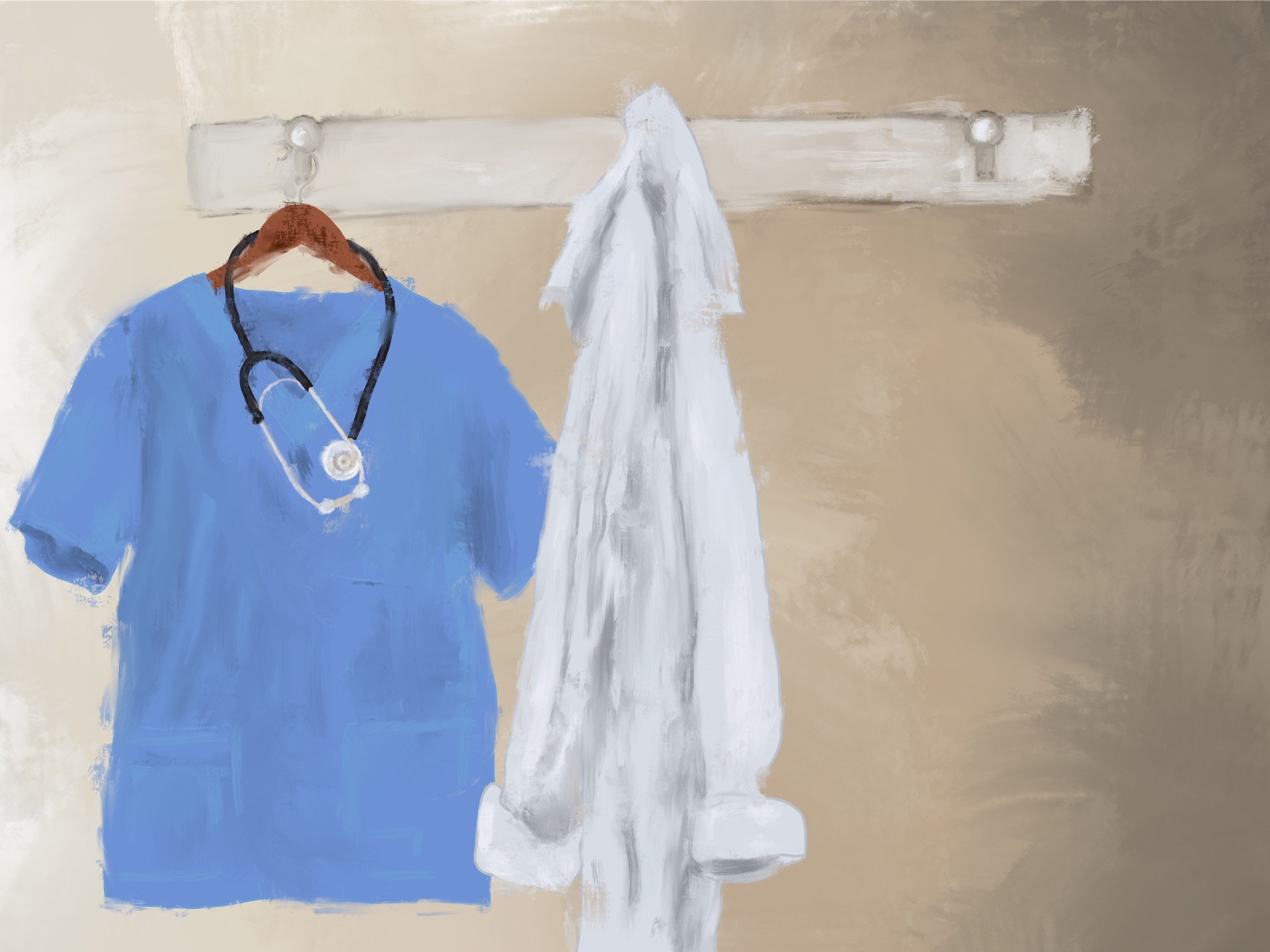London, United Kingdom – In the early 1980s when Amandip Sidhu was growing up in Harrow, a suburb on the fringe of northwest London, his South Asian family was one of only a handful of non-white households in the area.
Having spent some of his childhood in East Africa, where his father was a civil servant, Amandip and his family keenly felt the racist microaggressions that were common across the United Kingdom at the time.
This early experience of prejudice profoundly changed his brother Jagdip, who was five and a half years older than him. Jagdip decided that the best way to beat discrimination was to prove that he was better than his peers. “He was very much the golden boy, and everyone loved him,” Amandip says.
After leaving secondary school with top grades, Jagdip went on to tertiary college, which was at the time a prerequisite for entrance into university. Just to outdo himself, he made a request to the college to be allowed to take four subjects instead of the maximum three for his exams. The request was rejected, but Jagdip refused to be deterred. He bought himself a textbook and taught himself physics, eventually scoring straight As.
Amandip found it tough being continually compared with his accomplished sibling. “I’m not academically gifted, and my dad would have a go at me about it sometimes,” he says. “And my brother would step in and say, ‘Look, just leave him alone.’ He was the only person my dad would listen to.”
Jagdip sailed through medical school, his scholastic record peppered with awards. Then he started work at Ealing Hospital in West London. Amandip recalls how his brother bought a new pair of shoes and, a short time after he started work, showed him his feet. They were bleeding and covered in blisters. Amandip was shocked, but Jagdip was pleased. He was so busy at the hospital that he had been rushing around for 10 miles (16km) a day.
“He felt it was a badge of honour, the fact that his shoes were worn out, that he didn’t have anything to eat or drink or even go to the toilet,” Amandip explains. It was almost as if these were accepted symbols of the dedication needed to be considered a good doctor by the profession and health systems.
Over almost 25 years, Jagdip established a reputation as an excellent doctor. He became the clinical lead for cardiology at a hospital in Kent and was tasked with spearheading several large projects, including one at a teaching hospital in London. “Until today, I still run into people who tell me he was the best they’d ever worked with, that he never got a diagnosis wrong,” Amandip says.
While many other consultants decided to take on private commercial work, Jagdip was committed to serving the majority of his patients under the publicly funded National Health Service (NHS). He felt strongly that he had a responsibility towards those who needed urgent healthcare but couldn’t pay for it. But his clinic lists were far longer than his colleagues, and there simply were not enough resources to support the overwhelming number of patients. Jagdip felt like he had to take every single one of them on.
But the cracks were beginning to show. In mid-November 2018, Jagdip told Amandip that he was scared of what was happening to him. “He was listening to his colleague talk about a case and said his brain couldn’t even function.”
Amandip gave his brother advice he now regrets. “I said he should see the occupational health service at the hospital, which was probably the wrong thing to do,” he says. Deeming Jagdip overworked, the hospital put him on leave for six months. In his severely distressed state, Amandip believes, Jagdip perceived this to be a punitive measure.
The Sunday after Jagdip was signed off sick, Amandip went to visit him. He says his brother was completely broken. It was only the second time he’d seen him cry. The first was at their father’s funeral. “He couldn’t look me in the eye. He felt so ashamed. It was his whole life. Being signed off work was like a draconian punishment to him, to say that you can no longer be the person you are.”
The next day, Amandip sent Jagdip a message to check on him. Jagdip responded and said he was resting. Unbeknownst to Amandip, his brother was actually tidying up his financial affairs.
Then, the following day, November 27, at around 2:30pm, Amandip received an email. True to the perfectionism that had defined him since childhood, Jagdip’s message consisted of a long list of instructions on what to do with his house and his insurance policies. “You’ll find me at Beachy Head with the car,” the note ended. Beachy Head, the highest chalk sea cliff in the UK, has been a well-known location for suicides since the 1600s. Amandip felt a punch to the gut: His brother was saying goodbye.
Amandip drove straight to Beachy Head from London, where he lives. The area was already swarming with search dogs, helicopters and officers from the coastguard. He sat waiting in silence until a policeman told him that they had found Jagdip’s body.
A numbness came over him during the hourlong drive home. “I showered, went to bed and thought I’d process it later,” he says. At 3am, he woke up and started sobbing as his wife held him. “That’s when it really hit me that my brother was dead,” he says.
Dr Jagdip Sidhu was 47 years old.
Shameless plug for Dr Glaucomflecken. If your whole industry is straining to the breaking point, sometimes you just need the services of a comedian. (edit: who is also a practicing doctor in the US)



